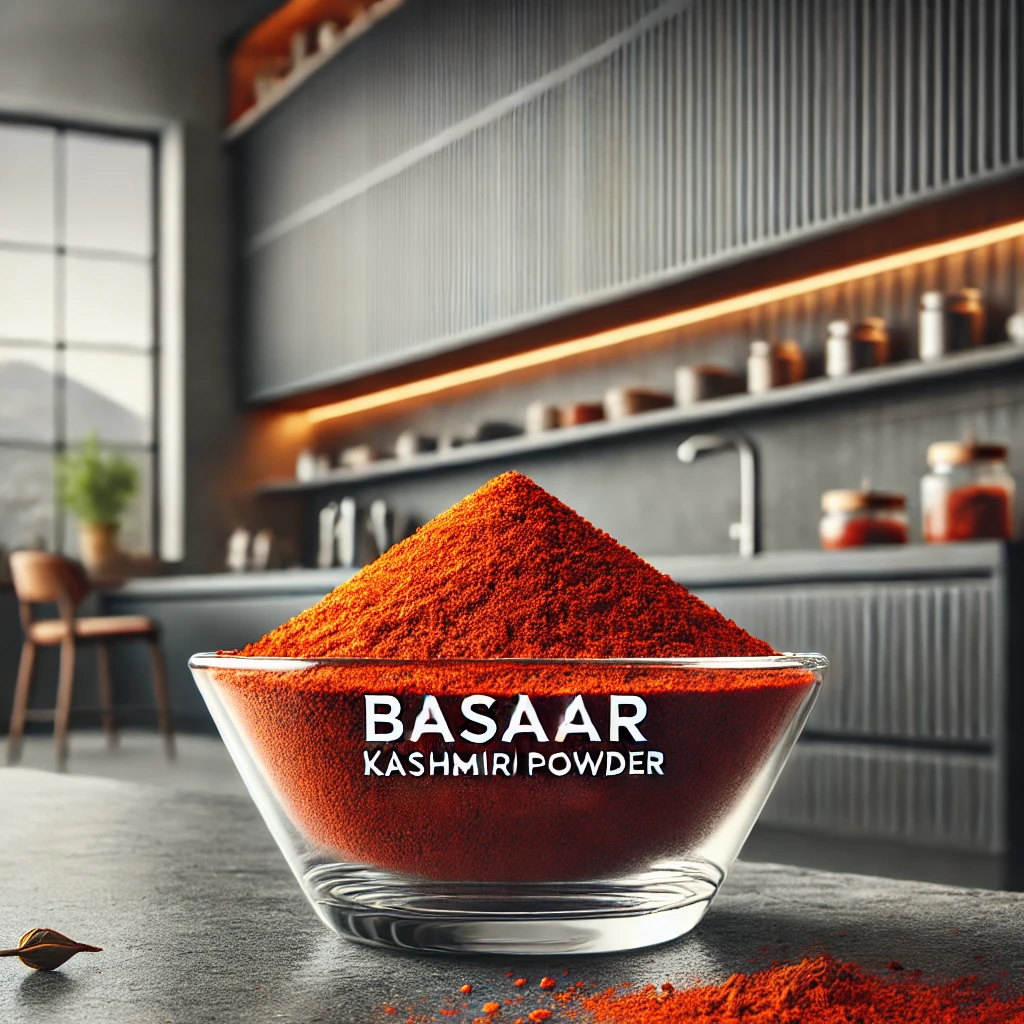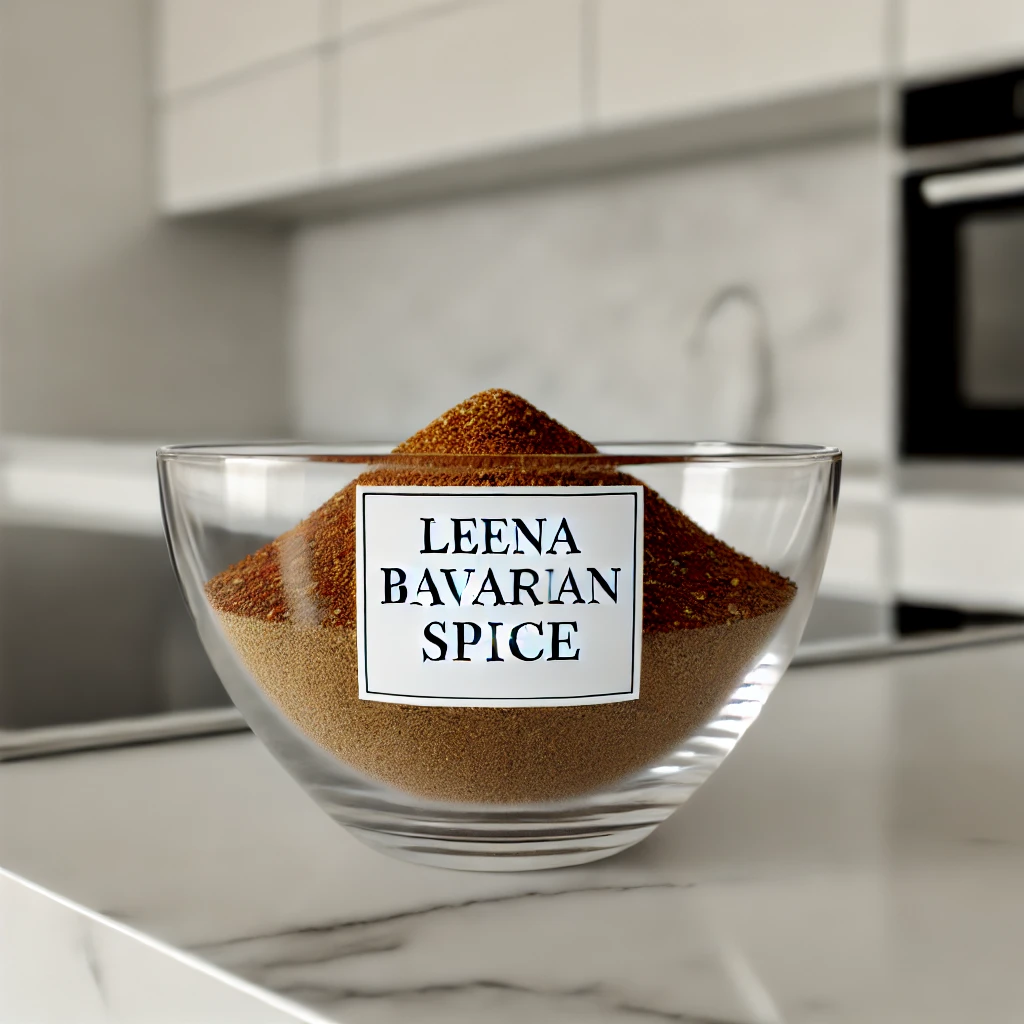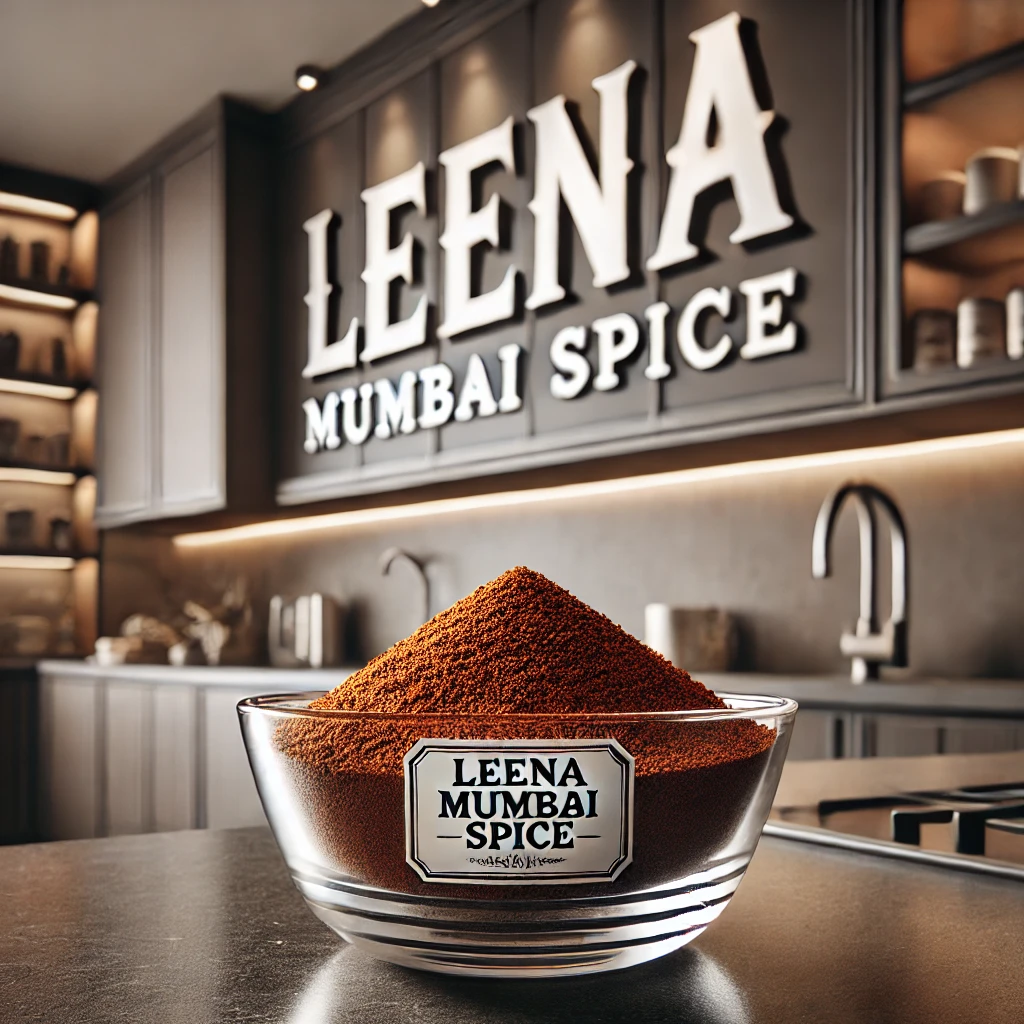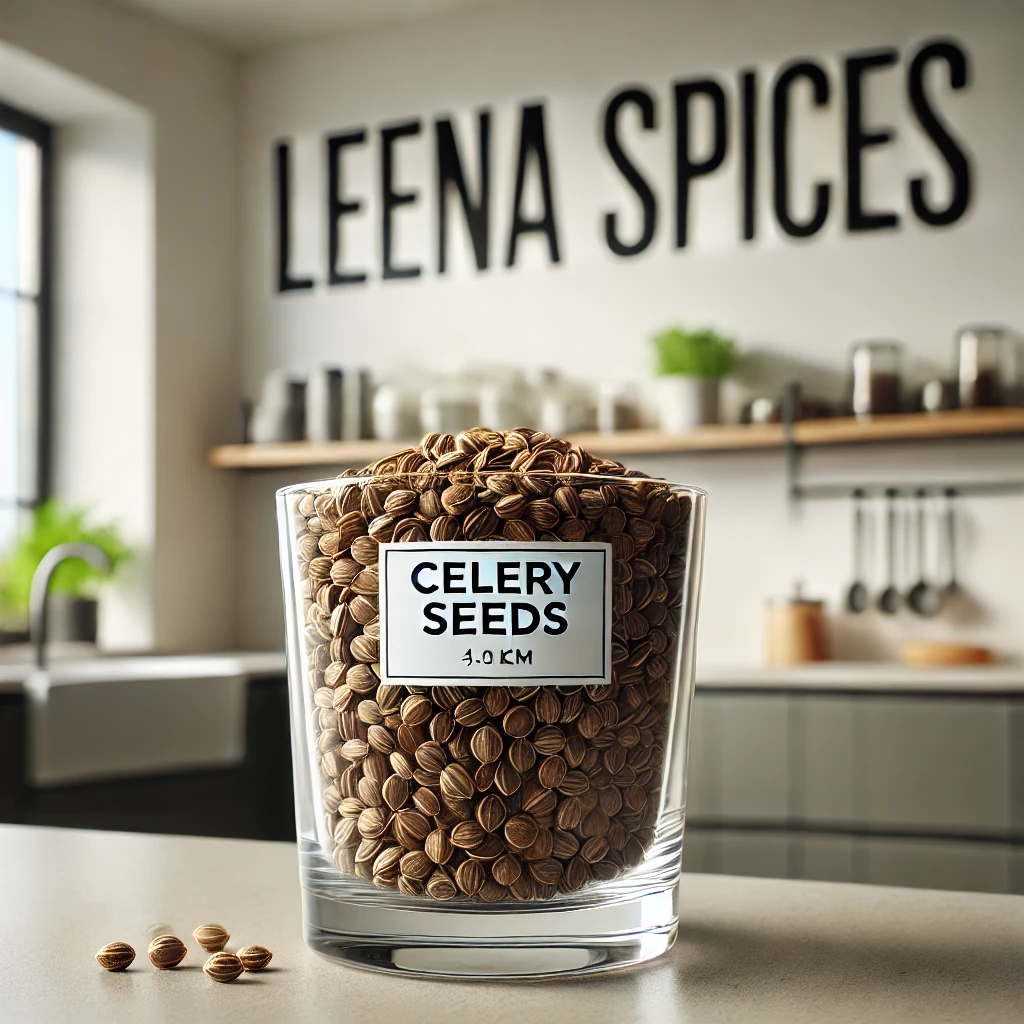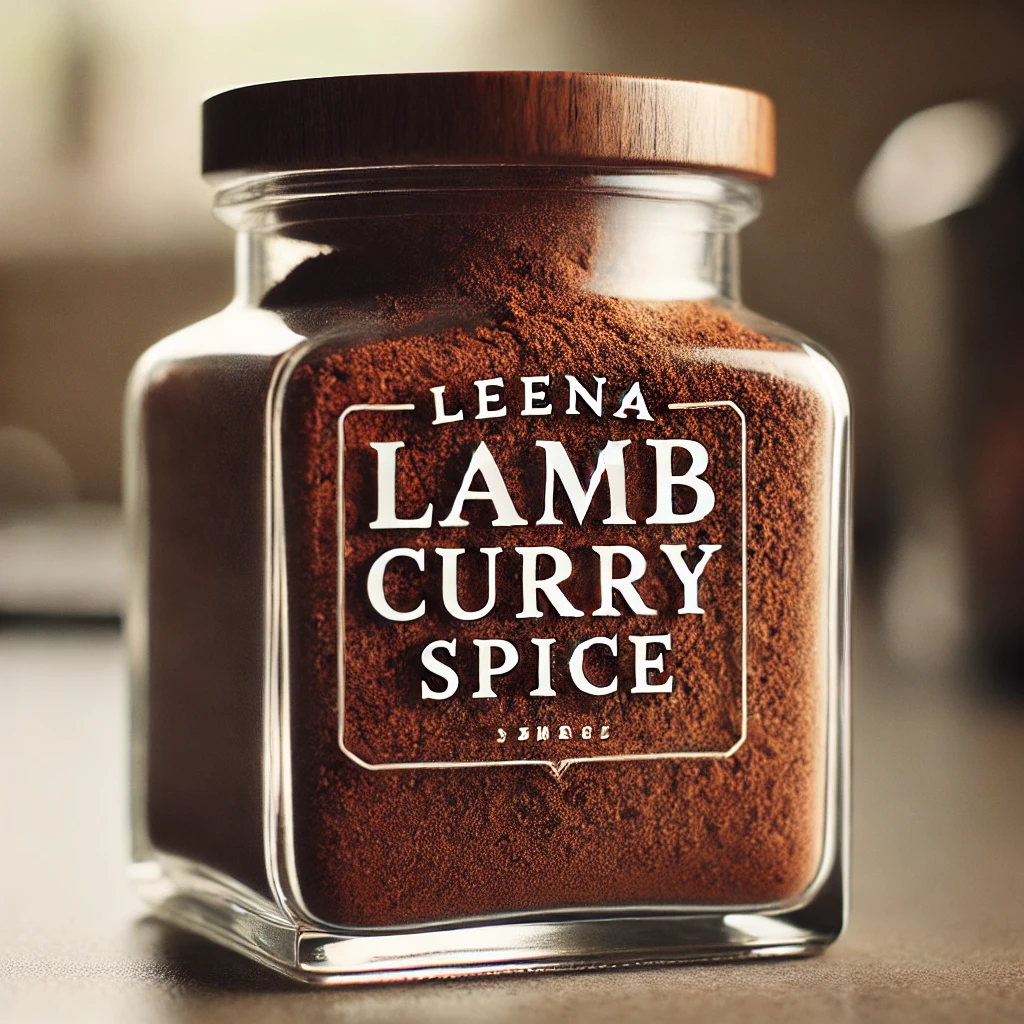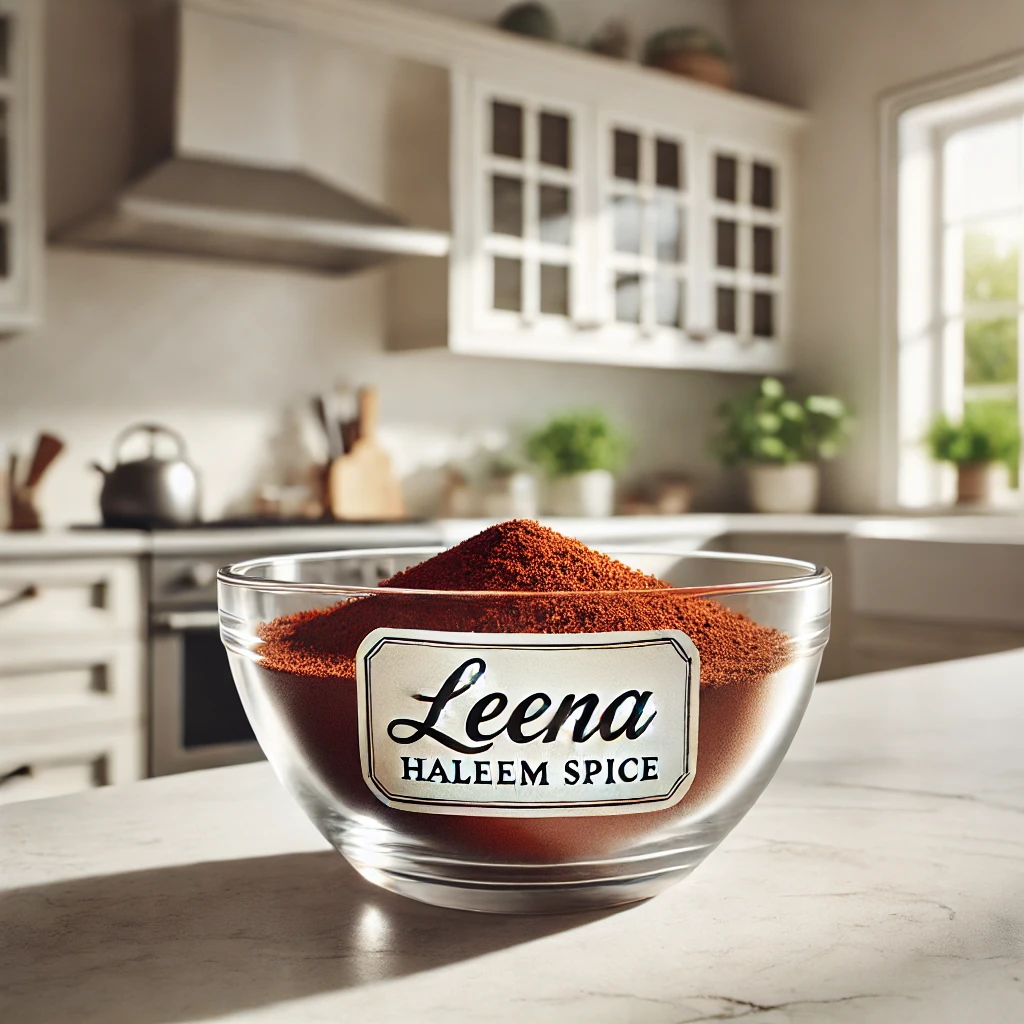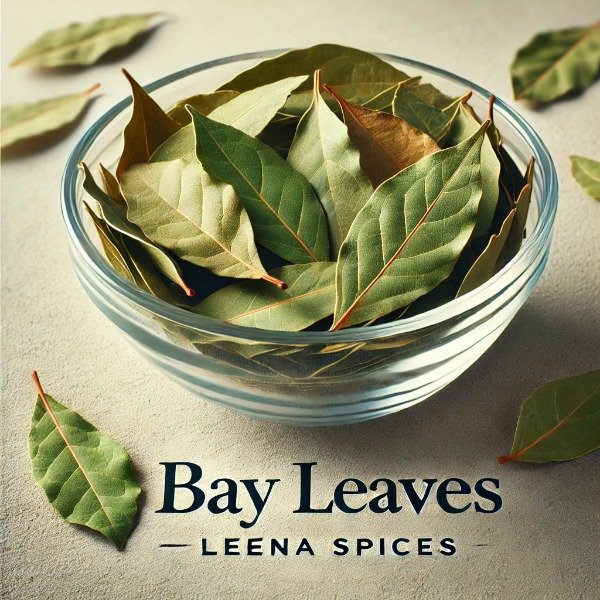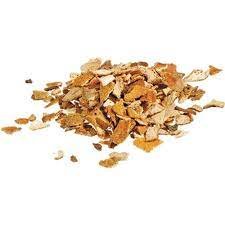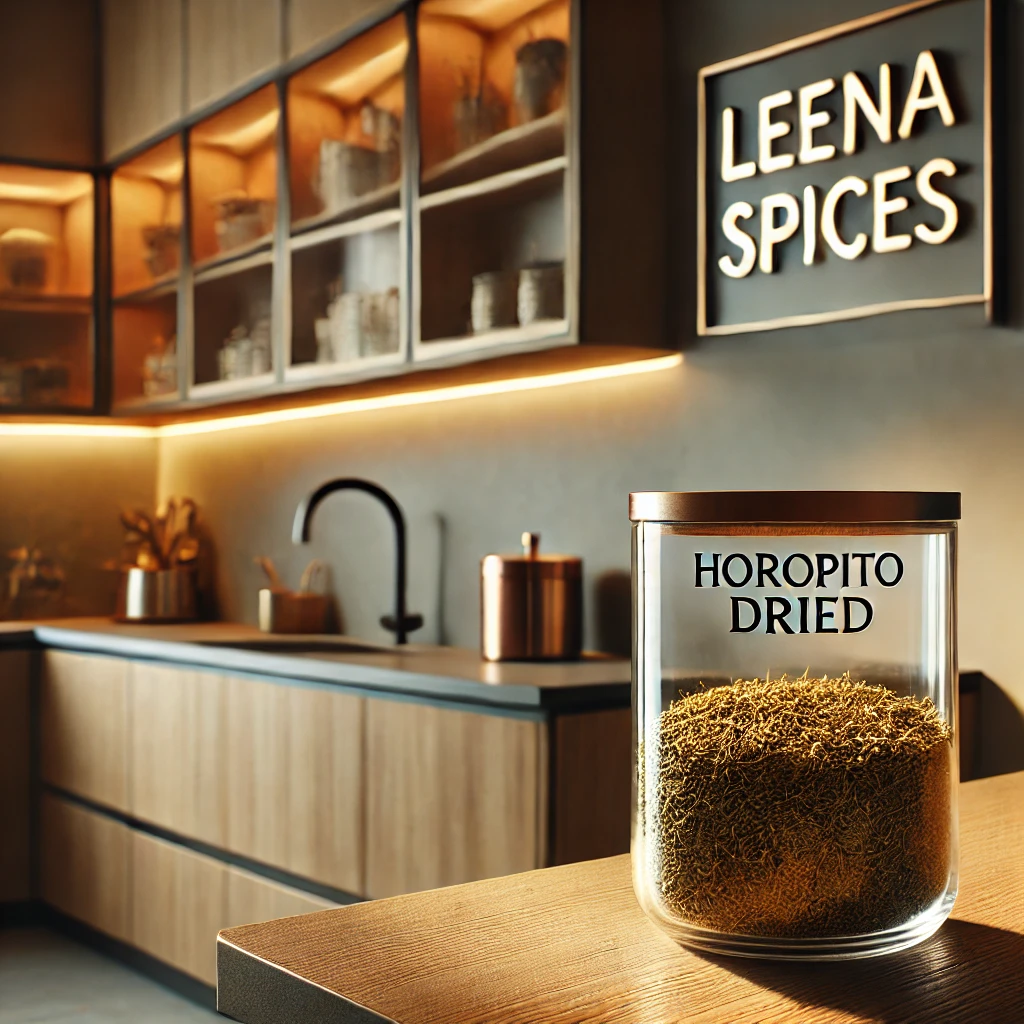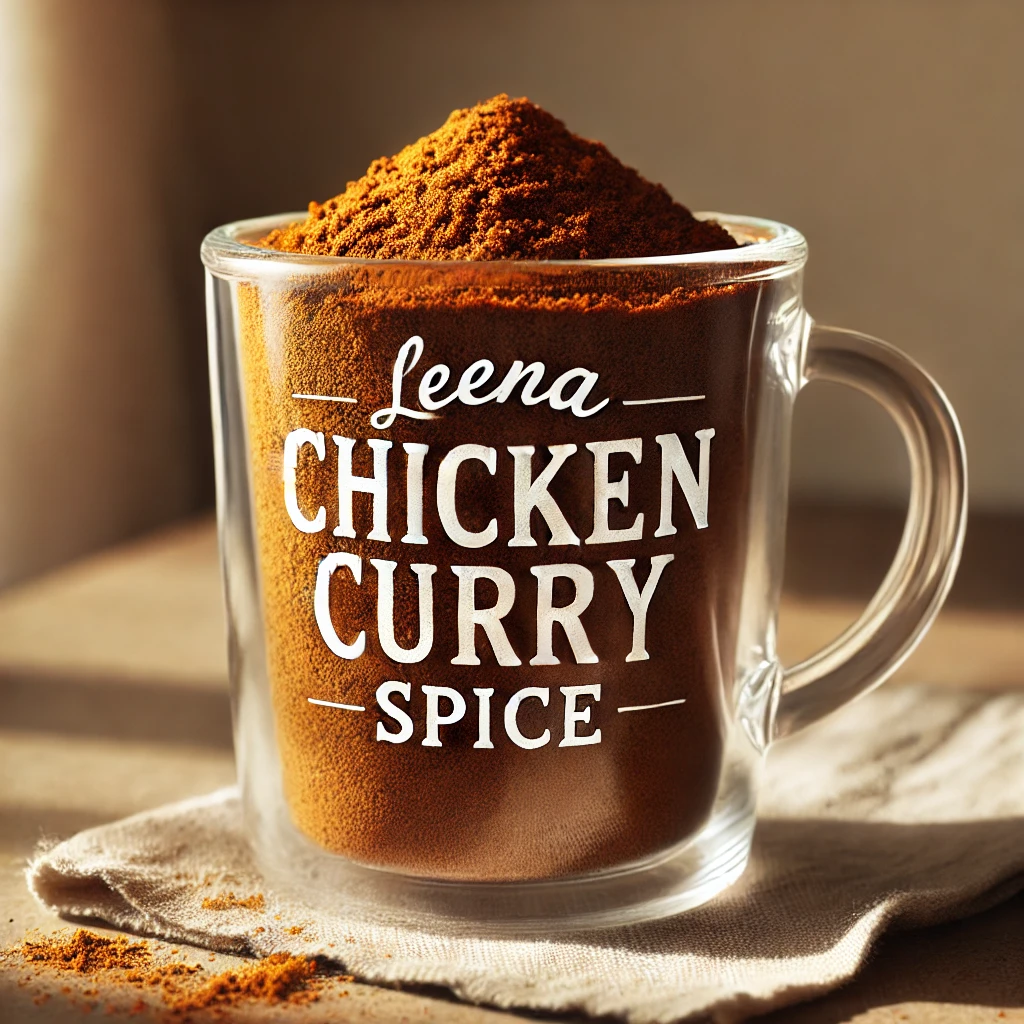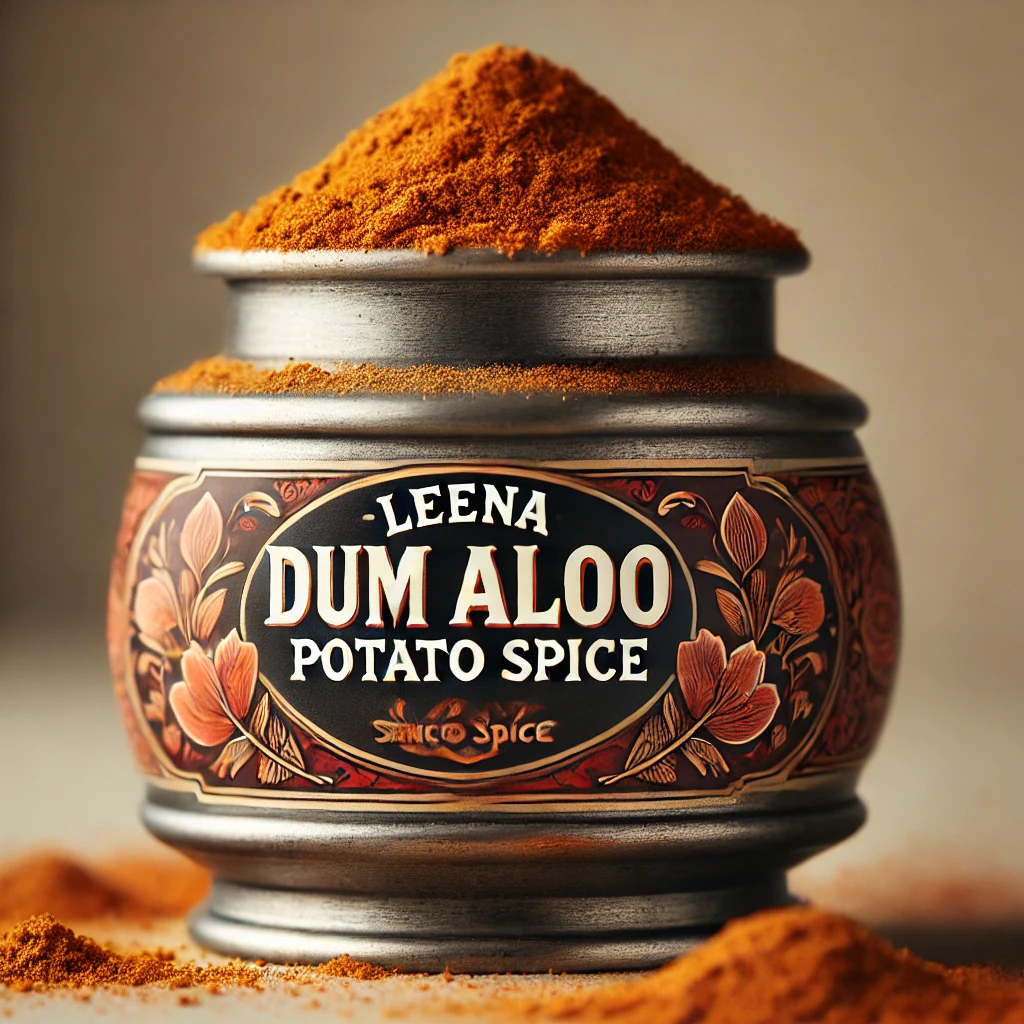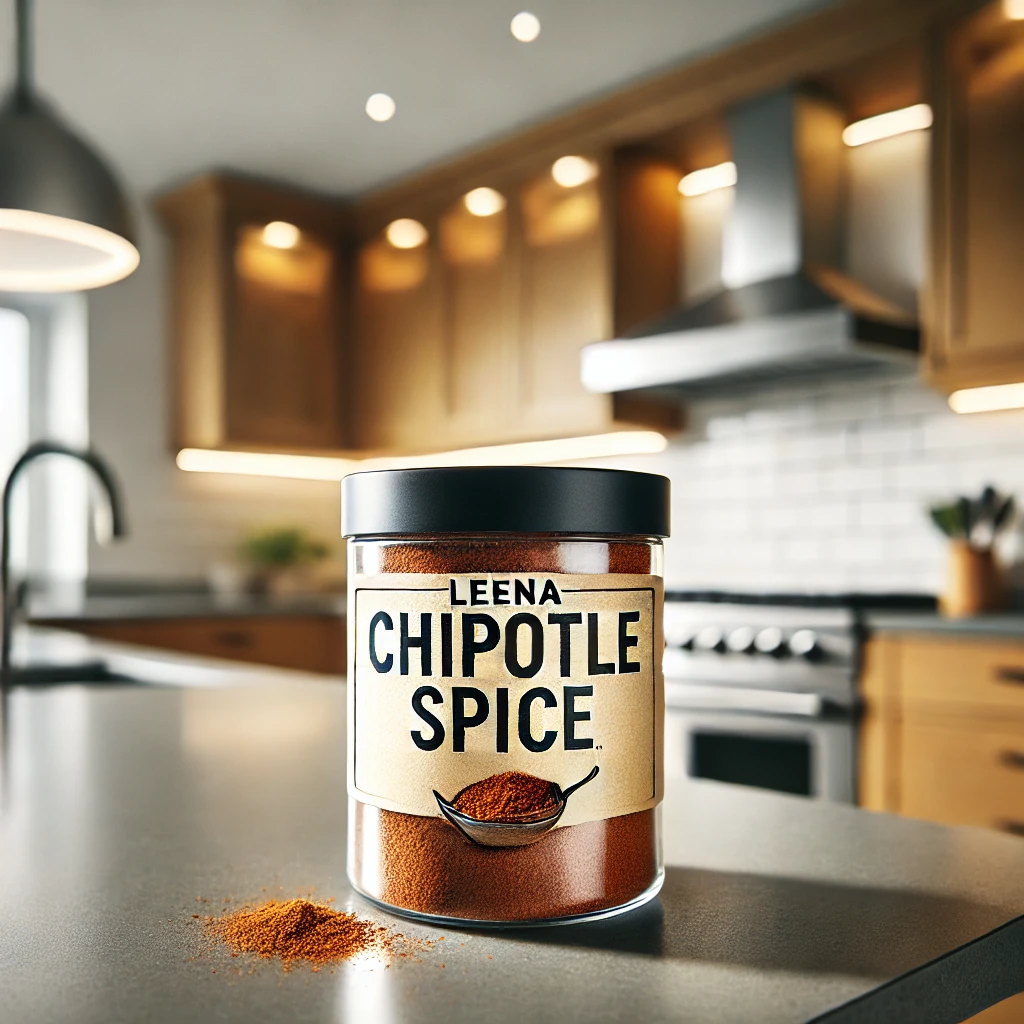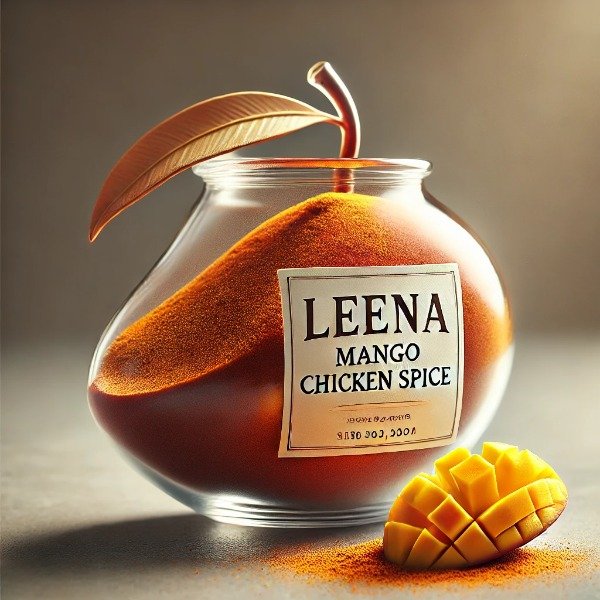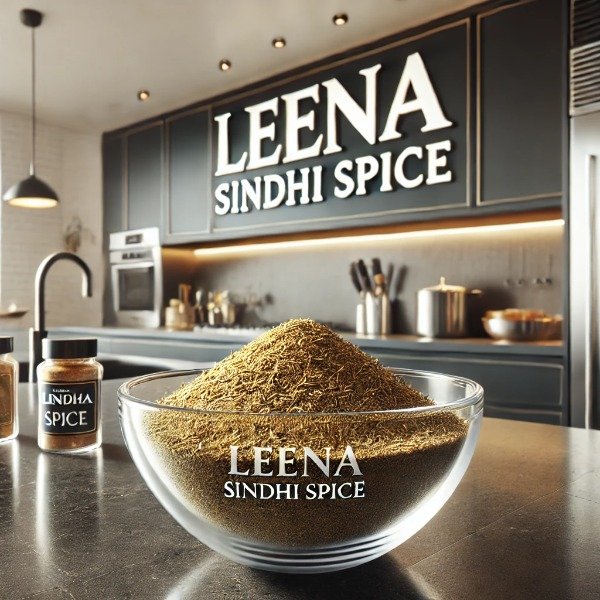6 Ways Black Pepper Can Transform Your Cooking Instantly
Table of Contents
- Introduction
- Key Takeaways
- What is Black pepper
- What does Black pepper taste like
- Where does it come from
- What is it made from
- Is Black Pepper a spice
- What is the difference between Black Pepper and Black Peppercorns
- What is the difference between Black Pepper and White Pepper
- FAQs
- Conclusion
Introduction
Black pepper, often called the “King of Spices,” is one of the most widely used and historically significant spices in the world. Known for its bold, aromatic flavor and gentle heat, it adds depth to both savory and sweet dishes. Originating from the Malabar Coast of India, black pepper is made from the dried, unripe fruit of the Piper nigrum vine and is prized for its versatility in kitchens worldwide. Whether used as whole peppercorns for freshness or ground for convenience, this spice has shaped cuisines, trade, and culinary traditions for centuries.
Key Takeaways: Black Pepper
- What is Black Pepper?
Black pepper, often called the “King of Spices,” is the dried fruit (peppercorn) of the Piper nigrum vine. Valued for its sharp, pungent flavor, it is one of the most widely used and historically significant spices in the world. - What Does Black Pepper Taste Like?
It has a bold, slightly spicy, and aromatic flavor, with complex earthy, woody, and fruity notes. Freshly ground black pepper offers a stronger aroma and a lively, tingling heat that enhances both savory and some sweet dishes. - Where Does Black Pepper Come From?
Native to the Malabar Coast of southwestern India, black pepper thrives in tropical climates. Today, it is also cultivated in Vietnam, Indonesia, Brazil, Sri Lanka, and other tropical regions, with regional varieties offering distinct flavor profiles. - What Is Black Pepper Made From?
Black pepper is made from the dried, unripe fruit (peppercorns) of the Piper nigrum vine. After harvesting, the berries are boiled, cleaned, and dried, which darkens the outer skin and locks in the essential oils and piperine responsible for its flavor and heat. - Is Black Pepper a Spice?
Yes. Black pepper fits the culinary and botanical definition of a spice—it is a plant-derived, dried ingredient used to season food, add flavor, and enhance aroma. Its pungency and versatility make it a staple in kitchens worldwide. - What Is the Difference Between Black Pepper and Black Peppercorns?
Black peppercorns are the whole, dried berries, preserving maximum flavor and freshness, while black pepper usually refers to the ground or powdered form. Whole peppercorns offer versatility and longer shelf life, whereas ground pepper provides convenience and immediate use.
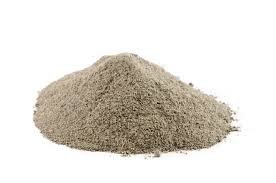
What is Black Pepper?
Black pepper, often called the “king of spices,” is one of the most widely used and valued spices in the world. It is celebrated for its sharp, pungent flavor and gentle heat, which enhances the taste of savory dishes, beverages, and even some desserts. Its distinctive taste comes from a natural compound called piperine, found in both the skin and seed of the peppercorn, which is responsible for its spiciness and aromatic character.
Scientifically known as Piper nigrum, black pepper is the dried fruit, or peppercorn, of a flowering vine in the Piperaceae family. This perennial vine climbs trees or other structures and produces small, round berries called drupes. When harvested while still unripe and dried, these berries become the black peppercorns used in kitchens worldwide.
The flavor of black pepper is complex and versatile. Depending on the variety and origin, it can offer earthy, woody, and even fruity notes, making it suitable for a wide range of culinary applications. Beyond its role as a seasoning, black pepper has a long history in medicine and wellness. Traditional systems such as Ayurveda and Chinese herbalism have used it for centuries to aid digestion, reduce inflammation, and promote overall health.
Historically, black pepper was highly prized. Its value was so great that it was used as a form of currency and played a key role in driving global trade routes, influencing cultures and cuisines across continents.
What Does Black Pepper Taste Like?
Black pepper has a bold, sharp, and slightly spicy flavor, thanks to the compound piperine, which provides a warm heat that is distinct from the fiery intensity of chili peppers. Its taste is complex and layered, often described as earthy, woody, and subtly citrusy or floral. Depending on the variety and origin, some black peppers may also carry faint sweet or bitter undertones, adding further depth to their flavor profile.
When freshly ground, black pepper releases a robust, aromatic fragrance with hints of fruit, grass, and spice, creating a lively sensory experience. Its pungent bite can tingle the palate, enhancing the overall taste of a dish without overpowering it.
Where Does Black Pepper Come From?
What Is Black Pepper Made From?
Black pepper is made from the dried, unripe fruit of the Piper nigrum vine, commonly known as peppercorns. These small, round drupes are harvested before they fully ripen, while still green, to ensure the pungent flavor and aromatic compounds are preserved.
Once harvested, the peppercorns undergo a brief boiling or blanching process, which serves to clean them and initiate enzymatic changes that help with browning. After this, the berries are dried, either in the sun or using mechanical methods. During drying, the outer skin of the fruit shrinks and darkens, developing the characteristic wrinkled black appearance and concentrating the essential oils that give black pepper its bold flavor and aroma.
The core of the fruit, which contains the seed, remains intact in black pepper, contributing to its sharp, pungent taste. The key chemical responsible for the spice’s heat is piperine, an alkaloid that produces a warming sensation distinct from chili peppers. In addition, black pepper contains essential oils such as limonene, pinene, sabinene, and caryophyllene, along with phenols, flavonoids, starch, vitamins, and minerals, which together enhance its flavor, aroma, and potential health benefits.
The quality of black pepper depends on several factors, including the size of the berries, piperine content (typically 2–7%), and careful processing. Premium varieties like Tellicherry or Malabar pepper are larger, more aromatic, and richer in flavor, while smaller commercial peppercorns may be less potent. Once dried, black pepper can be used whole, cracked, or ground into the familiar powder found in kitchens worldwide.
Is Black Pepper a Spice?
Yes, black pepper is unequivocally classified as a spice. By definition, a spice is a dried seed, fruit, root, bark, or other plant part used to enhance the flavor, aroma, color, or preservation of food. Black pepper fits this definition perfectly, as it comes from the dried fruit (peppercorn) of the Piper nigrum vine. Unlike herbs, which are typically derived from the leafy parts of plants, spices like black pepper come from non-leafy plant parts and are prized for their concentrated flavor.
What Is the Difference Between Black Pepper and Black Peppercorns?
Black pepper and black peppercorns are closely related but not exactly the same thing.
- Black peppercorns are the whole dried fruits of the Piper nigrum plant. They are small, round, and wrinkled, harvested while still green and unripe, then boiled and dried until they turn black and wrinled. These peppercorns are the raw, natural form in which pepper is commonly sold.
- Black pepper usually refers to the ground or powdered form made by crushing or grinding black peppercorns. It is what most people sprinkle directly from a pepper shaker at the table or use as a seasoning in cooking.
In short, black peppercorns are the whole spice, while black pepper is the processed, ground version made from those peppercorns. Both provide the same flavor, but freshly ground peppercorns tend to have a stronger aroma and more vibrant taste compared to pre-ground black pepper, which can lose its potency over time.
Black Pepper Vs Black Peppercorns
Aspect | Black Peppercorns | Black Pepper |
Form | Whole dried fruit of the Piper nigrum plant. | Ground or powdered version of peppercorns. |
Processing | Harvested unripe, boiled, and dried until black and wrinkled. | Made by crushing or grinding peppercorns into fine particles. |
Flavor | Stronger, fresher, and more aromatic when freshly ground. | Milder, can lose potency over time. |
Shelf Life | Longer shelf life; retains essential oils. | Shorter shelf life; aroma fades faster. |
Usage | Used whole in stocks, marinades, pickling, or freshly ground. | Convenient for quick seasoning and fine-textured recipes. |
Black Peppercorns vs. Ground Black Pepper Pros and Cons
Black Peppercorns (Whole)
Pros:- Retain freshness and flavor longer because their essential oils are preserved.
- Can be freshly ground to release maximum aroma and taste.
- Flexible in cooking—used whole in stocks, marinades, or pickling, or crushed for recipes.
- Provide a stronger, more vibrant flavor when freshly cracked.
- Require a grinder, mortar, or pestle to use effectively.
- Less convenient for quick sprinkling at the table.
- Flavor intensity may vary depending on grind size, which may not suit every recipe.
Ground Black Pepper (Pre-Ground)
Pros:- Extremely convenient—ready to use straight from a shaker or jar.
- Blends easily into sauces, spice mixes, and fine-textured recipes.
- Ideal for everyday cooking when speed matters.
- Loses aroma and potency faster due to exposure to air.
- Often lacks the depth and complexity of freshly ground peppercorns.
- Some commercial powders may include fillers or lower-quality pepper.
Black Pepper Vs Black Peppercorns Best Uses Guide
Dish / Use | Best Form to Use | Reason |
Soups & Stews | Whole peppercorns | Add depth of flavor during simmering; removed before serving. |
Stocks & Broths | Whole peppercorns | Infuse a gentle heat and aroma without clouding the liquid. |
Steaks & Grilled Meats | Freshly cracked peppercorns | Provides bold, aromatic bursts of flavor that stand up to strong meats. |
Salads & Fresh Dishes | Freshly ground peppercorns | Adds vibrant aroma and sharpness when sprinkled just before serving. |
Cream Sauces & White Dishes | Finely ground black pepper or white pepper | Blends smoothly without visible specks, keeping a clean appearance. |
Spice Blends (e.g., Garam Masala, Curry Powders) | Ground black pepper | Ensures even distribution in powders and blends. |
Pickling & Marinades | Whole peppercorns | Slowly release flavor during curing or soaking. |
Everyday Table Use | Pre-ground pepper (or grinder with whole peppercorns) | Quick and convenient for seasoning at the table. |
What Is the Difference Between Black Pepper and White Pepper?
Black pepper and white pepper both come from the same plant, Piper nigrum, but they differ in processing, flavor, appearance, and culinary use. Understanding these differences helps cooks choose the right pepper for specific dishes.
1. Harvesting and Processing
- Black Pepper: The berries are harvested when still unripe and green. They are then briefly boiled to clean them and sun-dried or mechanically dried until the outer skin darkens, wrinkles, and shrinks, forming the characteristic black peppercorn. The outer layer is retained, which preserves essential oils and piperine, giving black pepper its bold aroma and pungent heat.
- White Pepper: White pepper is made from fully ripe red berries. The outer skin is removed through soaking in water, a process known as retting, leaving only the pale inner seed. This produces a smoother, lighter-colored pepper with a milder flavor, as the piperine-rich skin has been removed.
2. Flavor Profile
- Black Pepper: Has a robust, complex flavor with earthy, woody, and slightly fruity notes. It delivers a sharp heat and strong aromatic presence, making it ideal for seasoning a wide variety of dishes.
- White Pepper: Offers a milder, earthier, and slightly musty taste. Its heat is less intense, producing a subtler flavor that works well when a gentle pepper note is desired.
3. Culinary Uses
- Black Pepper: Versatile and widely used, black pepper is suitable for everyday cooking, marinades, spice blends, meats, vegetables, sauces, and colorful dishes where its dark specks do not interfere with appearance. It can be added during cooking or at the table for a finishing touch.
- White Pepper: Preferred in light-colored dishes like creamy soups, white sauces, mashed potatoes, and delicate Asian cuisines (e.g., Chinese or Vietnamese recipes). It is often added at the end of cooking to preserve its subtle flavor and visual consistency.
4. Visual and Practical Differences
- Appearance: Black peppercorns are wrinkled and dark, while white peppercorns are smooth and pale off-white.
- Shelf Life: Black pepper tends to retain its potency longer because of the preserved outer skin, whereas white pepper can lose flavor more quickly once ground.
- Nutritional Compounds: Both contain piperine, the compound responsible for heat, but black pepper has slightly higher antioxidant content due to its outer layer.
Black Pepper vs. White Pepper: Comparison Table
Feature | Black Pepper | White Pepper |
Plant Origin | Both come from the Piper nigrum vine. | Both come from the Piper nigrum vine. |
Processing Method | Unripe green berries are boiled, then dried with the outer skin intact, turning wrinkled and black. | Fully ripe berries are soaked to remove the outer skin, leaving only the pale inner seed. |
Color & Appearance | Dark, wrinkled; ground form appears as visible black specks. | Smooth, pale, off-white; blends easily into light-colored dishes. |
Flavor Profile | Strong, pungent, bold, with fruity, earthy, and sharp notes. | Milder, earthier, slightly musty, with subtle heat. |
Aroma | Robust, complex, and aromatic. | Softer, less intense fragrance. |
Heat Level | Higher due to piperine-rich outer shell. | Lower since the outer shell is removed. |
Culinary Uses | Universal seasoning for meats, vegetables, soups, marinades, and spice blends. | Preferred in light-colored dishes (soups, sauces, mashed potatoes) or Asian cuisines where subtlety is desired. |
Visual Impact | Adds dark specks to dishes; visually noticeable. | Blends seamlessly into light-colored dishes; less visible. |
Nutritional Aspect | Slightly higher in antioxidants due to the outer skin; contains piperine. | Contains piperine but slightly lower antioxidant content. |
Shelf Life | Longer, retains flavor and aroma when stored properly. | Shorter once ground; loses potency faster. |
Cultural Preference | Widely used globally across most cuisines. | Commonly used in European and Asian cooking, especially in Chinese and Thai dishes. |
Frequently Asked Questions About Black Pepper
1. What is black pepper?
Black pepper is the dried fruit, or peppercorn, of the Piper nigrum vine. Known as the “King of Spices,” it is valued for its sharp, pungent flavor and aromatic qualities that enhance a wide variety of dishes.
2. What does black pepper taste like?
It has a bold, slightly spicy flavor with complex earthy, woody, and fruity notes. Freshly ground black pepper delivers a more intense aroma and a lively, tingling heat.
3. Where does black pepper come from?
Black pepper is native to the Malabar Coast of India but is now grown in several tropical regions including Vietnam, Indonesia, Brazil, and Sri Lanka. Each region produces pepper with distinct flavor characteristics.
4. What is black pepper made from?
It is made from the dried, unripe fruit of the Piper nigrum vine. The berries are harvested while green, boiled or blanched, and then dried until the outer skin darkens and wrinkles, locking in flavor and heat.
5. Is black pepper a spice?
Yes. Black pepper fits the definition of a spice as a dried, plant-derived ingredient used to season food, enhance flavor, and add aroma. Its versatility makes it a staple in kitchens worldwide.
6. What is the difference between black pepper and black peppercorns?
Black peppercorns are the whole dried berries, offering maximum freshness and flavor. Black pepper usually refers to the ground form, which is convenient but loses aroma more quickly than freshly ground peppercorns.
7. How should I store black pepper for maximum flavor?
Store whole peppercorns or ground pepper in a cool, dry, and airtight container, away from sunlight. Whole peppercorns last longer and retain their aroma better than pre-ground pepper.
8. Can black pepper be used in sweet dishes?
Yes. While commonly used in savory dishes, black pepper’s warmth and aromatic profile also enhance desserts like chocolate, fruit compotes, and spiced baked goods.
9. What are the health benefits of black pepper?
Black pepper contains piperine, which may aid digestion, boost metabolism, improve nutrient absorption, and provide antioxidant benefits. It has been used in traditional medicine for centuries.
10. Should I use black or white pepper in my recipes?
Use black pepper for bold, versatile seasoning in most dishes. Choose white pepper for light-colored soups, sauces, or Asian cuisine where a milder flavor and subtle appearance are preferred.
Conclusion
Black pepper is far more than a common kitchen staple—it is a spice with a rich history, complex flavor, and remarkable versatility. From its origins on India’s Malabar Coast to kitchens around the world, black pepper has shaped culinary traditions, trade, and even culture. Whether used as whole peppercorns for maximum freshness or ground for convenience, understanding its taste, origin, and proper use allows home cooks to elevate their dishes with depth and authenticity. Appreciating black pepper not only enhances your cooking but also connects you to centuries of history and global flavor.



